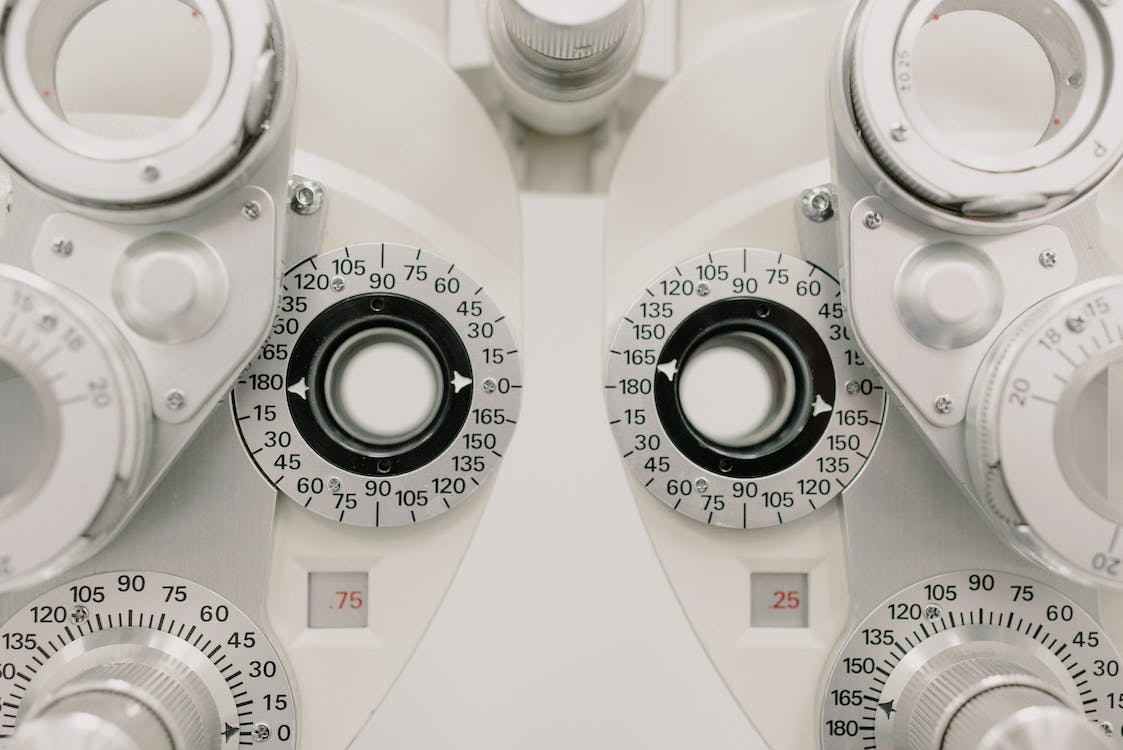All Categories
Featured
Table of Contents

Routine eye examinations are crucial for maintaining great vision and identifying prospective eye health issues early. Nevertheless, the regularity of these tests can vary substantially based on an individual's age, way of life, and overall health and wellness. Comprehending the recommended schedule for eye examinations can help ensure that individuals of any ages obtain appropriate care and monitoring for their eye health and wellness.
Infants and Toddlers (0-2 Years)
For infants and toddlers, eye tests are critical for spotting any kind of possible vision issues beforehand. The American Academy of Ophthalmology recommends that a child's first eye test need to take place at around 6 months old. During this initial go to, the eye care specialist will certainly assess the youngster's aesthetic growth and look for any kind of obvious eye concerns.Following this very first examination, it is suggested that kids have one more eye examination at age 3. This browse through will certainly concentrate on analyzing the kid's general aesthetic function, consisting of eye alignment and the capacity to track objects. If no problems are spotted, the next test should be set up prior to the child starts school, usually around age five or 6.
School-Aged Kids (6-18 Years)
Once youngsters reach college age, normal eye examinations should be arranged each to two years. Vision is crucial for learning and advancement, and many institutions carry out vision testings. However, these screenings do not change a thorough eye examination by an eye care professional.For kids entailed in tasks or sporting activities requiring significant aesthetic focus, yearly eye tests might be recommended. In addition, if a child shows indicators of vision issues-- such as difficulty reviewing, squinting, or frequent headaches-- a visit to the eye doctor ought to be arranged as quickly as feasible.
Young Person (19-39 Years)
Young grownups usually have fewer vision changes than older age teams, however regular eye tests continue to be vital. The general referral is to set up an eye exam every 2 years throughout this duration. People with particular danger variables-- such as a family members background of eye disease, diabetes, or those who wear contact lenses-- should consider annual eye exams.Additionally, those who spend considerable time on digital tools may experience digital eye strain. If symptoms such as dryness, fatigue, or obscured vision occur, it may be smart to see an eye care specialist quicker.
Grownups (40-64 Years)
Grownups aged 40 to 64 ought to set up eye exams every one to 2 years. Eye examinations can also aid spot other common age-related conditions such as glaucoma, cataracts, and macular deterioration.If people in this age group have threat elements like hypertension or diabetes mellitus, they may need more constant evaluations to monitor their eye wellness closely.
Seniors (65 Years and Older)
For senior citizens, routine eye exams end up being also extra vital. The American Optometric Association recommends that individuals matured 65 and older have an eye test at least when a year. Older adults go to a higher risk for different eye conditions, consisting of cataracts, glaucoma, and age-related macular deterioration. Early detection and therapy of these conditions can prevent vision loss and boost the lifestyle.Conclusion.
Comprehending the appropriate schedule for eye examinations based upon age is vital for keeping optimal eye health and wellness throughout life. From infants to elders, regular eye assessments play a critical role in identifying concerns early and making certain that vision remains sharp. By adhering to these guidelines and seeking advice from an eye treatment professional, people can take positive steps towards maintaining their vision and total health and wellness. Whether it's a child's first check out or an elderly's annual exam, focusing on eye treatment is a financial investment in lifelong wellness.Latest Posts
Experience Coastal Sophistication at Deauville Inn
Published Apr 13, 25
1 min read
Picking the Right Place: What to Consider for Wedding Events, Meetings, and Occasions
Published Mar 23, 25
1 min read
Furnishings Styles Guide
Published Jan 24, 25
0 min read